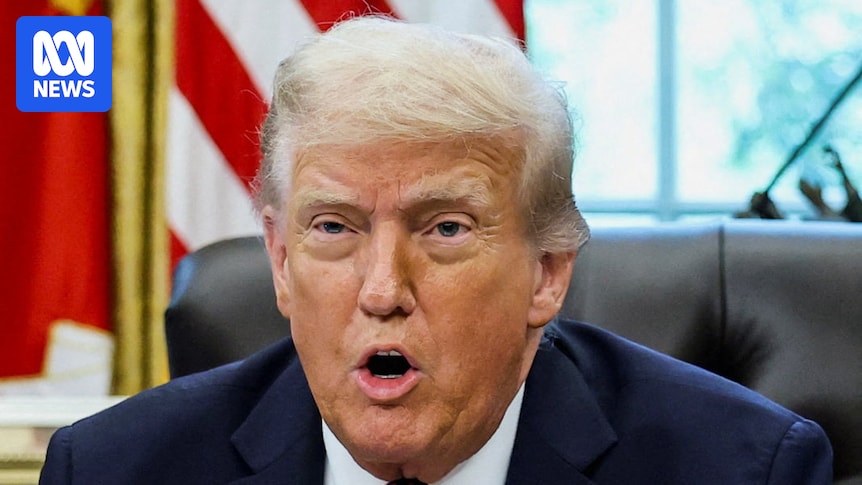
In a dramatic shift in policy, the Trump administration has authorized military strikes on boats suspected of drug trafficking into the United States. This development has sparked significant legal and ethical concerns among experts. For the second time in two weeks, a vessel alleged by the White House to be carrying illegal drugs was destroyed by a US air strike, resulting in the deaths of all on board.
Footage shared on President Trump’s social media accounts depicted a powerboat in open waters before a massive explosion engulfed it in flames. The president confirmed that three men were killed in the strike. This incident mirrors an earlier attack on a speedboat, which reportedly killed 11 individuals, described by the administration as drug traffickers en route to the US.
The Shift in US Policy
The shift from traditional Coast Guard operations to military intervention marks a significant change in US policy. The newly rebranded Department of War, under Secretary Pete Hegseth, has taken a hardline approach. “We smoked a drug boat and there’s 11 narcoterrorists at the bottom of the ocean,” Hegseth declared, signaling a stern warning to others.
However, the administration has yet to provide concrete evidence that either vessel was carrying drugs or heading towards the US. This lack of transparency has fueled skepticism, especially given a recent UN report that does not list Venezuela, the alleged point of origin, as a significant drug-producing country.
International and Domestic Reactions
The international community has expressed concern over the US’s unilateral actions. US Secretary of State Marco Rubio dismissed the UN’s findings, stating, “The UN doesn’t know what they’re talking about.” Meanwhile, President Trump has accused Venezuela of being a “bad actor,” despite the lack of evidence linking President Nicolás Maduro directly to drug trafficking operations.
Domestically, the administration’s actions have been met with mixed reactions. While some view the military’s involvement as a necessary step in combating drug cartels, others warn of the dangerous precedent it sets. Geoff Corn, director of the Center for Military Law and Policy at Texas Tech University, cautioned, “This is an extremely dangerous precedent.”
Legal and Ethical Implications
Experts in military and international law have raised alarms about the implications of treating drug cartels as military threats. Scott Anderson of the Brookings Institution highlighted the potential alienation of international partners, stating, “The usual strategy of the United States on narcotics trafficking is multilateral cooperation. That gets a lot harder when your partners don’t think they can trust you.”
Professor Corn added that while the approach might bolster President Trump’s domestic support, it risks undermining the rule of law. “It’s politically advantageous,” he noted, but warned that it could endanger civil liberties and the military’s integrity.
Future Ramifications
The Trump administration appears undeterred by these concerns. Vice-President JD Vance defended the military’s actions, arguing that targeting cartel members is a justified use of force. “Killing cartel members who poison our fellow citizens is the highest and best use of our military,” he stated.
As the US continues its aggressive stance against alleged drug traffickers, the international community and legal experts will be closely monitoring the situation. The potential for diplomatic fallout and the impact on international law remain significant concerns. The world watches as the Trump administration navigates these complex legal and ethical waters, with implications that could resonate far beyond the current administration.






